The UK is putting elephants at risk of extinction through its broken promises on the ivory trade, according to campaigners. Before the last election, the Conservative party pledged to shut down the UK’s domestic ivory market: at the time 30,000 elephants a year were being slaughtered for their tusks. But no action has been taken.
While bans on the international trade in ivory exist, a failure to observe similar measures at a national level is being exploited by criminal gangs who smuggle ivory into the UK, where it can be passed off as antique. Now, in the run-up to a major conference, more than 1.6 million people have signed a petition on the Avaaz activist website calling for the world’s domestic ivory markets to be closed down for good.

“The government’s broken promises to ban ivory sales in Britain are being paid for in the blood of African elephants,” said Avaaz campaign director Bert Wander. “As one of the world’s most vocal advocates against the illegal wildlife trade, the UK must now practise what it preaches. Otherwise, China and other ivory hotspots will see no reason to put in place the permanent ban on ivory we need to stop elephants being wiped from the face of the Earth.”
Avaaz hopes the petition will put pressure on politicians, wildlife experts and conservation groups attending next month’s Convention on International Trade in Endangered Species of Wild Fauna and Flora in Johannesburg, where they will consider a range of measures to protect endangered species.
“The existence of these domestic markets definitely has had a negative impact on African elephant populations,” said Susan Lieberman, vice-president of international policy at the Wildlife Conservation Society. “Simply put, if it were illegal to sell ivory – whether in China, Japan, the US, or the UK – there would be far less incentive for traffickers and organised criminal syndicates to traffic ivory, making it much harder for them to launder illegal ivory, and giving far less incentive to poachers.”
The Conservatives gave manifesto commitments to close down the trade in ivory in the UK in 2010 and 2015 and the government promoted a conference on the illegal wildlife trade in February 2014 which pushed for the measure.
A large number of African nations have promised to outlaw domestic ivory markets, while France, the US and, crucially, China have introduced their own bans or are in the process of doing so.
Between 2009 and 2014, 40% of all customs seizures in the UK were ivory items. Last year about 110kg of ivory was stopped at Heathrow alone. “The UK is really lagging behind,” said Jonathan Baillie, conservation director at the Zoological Society of London. “It’s difficult to understand why exactly. We were in a very strong leadership role. There are some potential barriers to introduction, but the Americans seem to have been able to deal with all the issues.”
Ivory is prized for a variety of reasons. In Japan it is used to make family seals; in the Philippines it is used for religious artefacts. Baillie said elephants would be protected only if all nations observed a domestic ban. “To take the economic value out of ivory it really requires everyone to play ball. If you have a number of countries that don’t go along with it, it really weakens the incentives for those nations to maintain their commitments.”
Lieberman said a UK ban would be symbolically important. “I personally have had Chinese government officials say to me, ‘Why should we close our markets, when we can find ivory very easily across London?’ The UK needs to show it is serious about stopping poaching of elephants and trafficking in ivory.”
Under the ban, owners of ivory could hand it on to others but not sell it. There would be exceptions – such as the sale of particular antique instruments that use ivory.
Experts say the ban is urgently needed. There are about 450,000 African elephants left. But 30,000 a year are being slaughtered. “I worked in south-west Africa in 2001,” Baillie said. “If I went back there would be less than half the number now than were there then. If we can close the international trade and the domestic markets there is going to be no reason for people to go in and kill these elephants.”
The Department for Environment, Food and Rural Affairs said the government was working on its pledge to implement a total ban on ivory sales. “The illegal wildlife trade is a global issue and will only be solved through global cooperation. That is why we continue to lead the international community to protect the world’s most iconic wild animals and to stop the organised criminal networks behind this brutal and unnecessary trade.”
Lieberman conceded that prohibition was not a magic bullet. “Certainly it won’t stop smuggling 100%, into the UK or elsewhere, but if the UK closes its market it will be far harder for illegal ivory to be laundered as legal.”
This article was first published by The Guardian on 27 Aug 2016.
We invite you to share your opinion whether there should be a worldwide ban on the ivory trade? Please vote and leave your comments at the bottom of this page:
Thank you for voting.

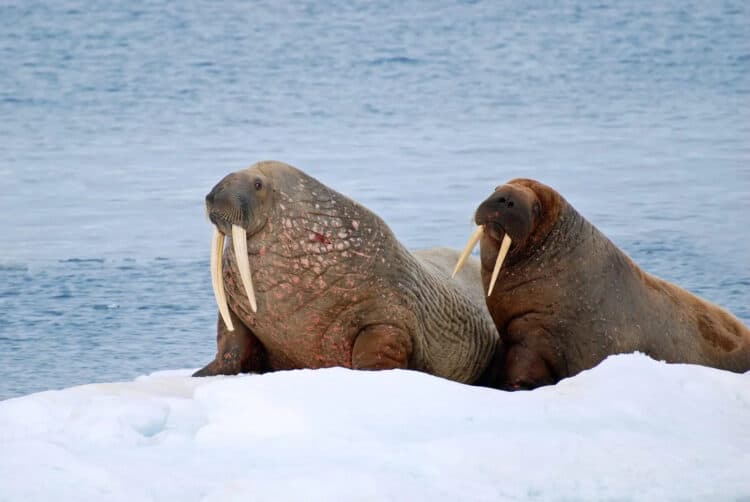
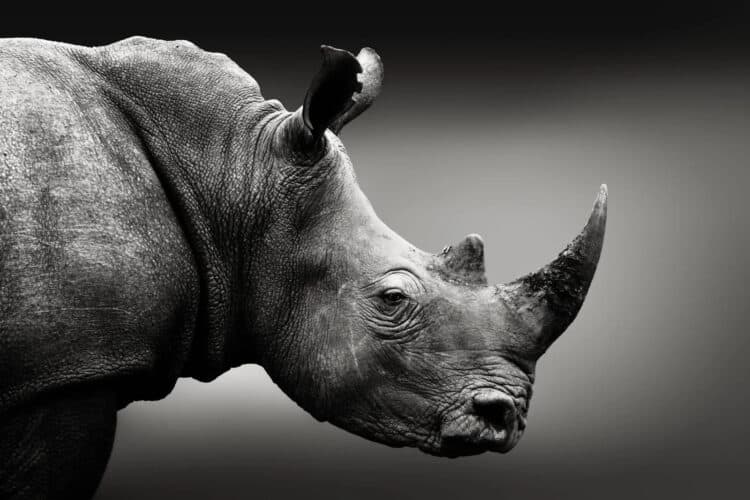
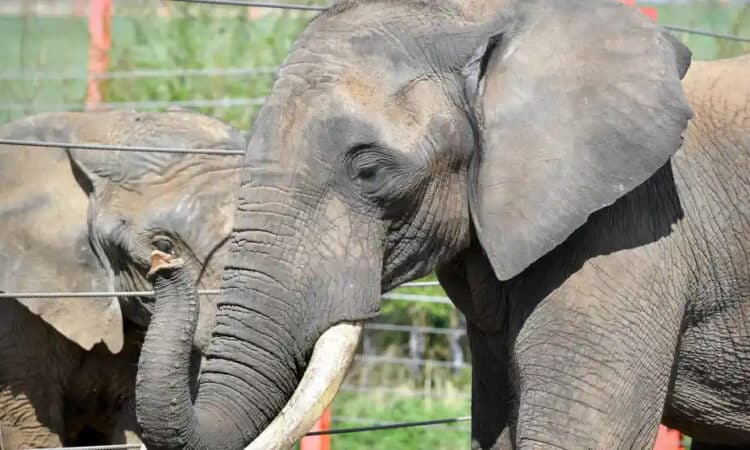
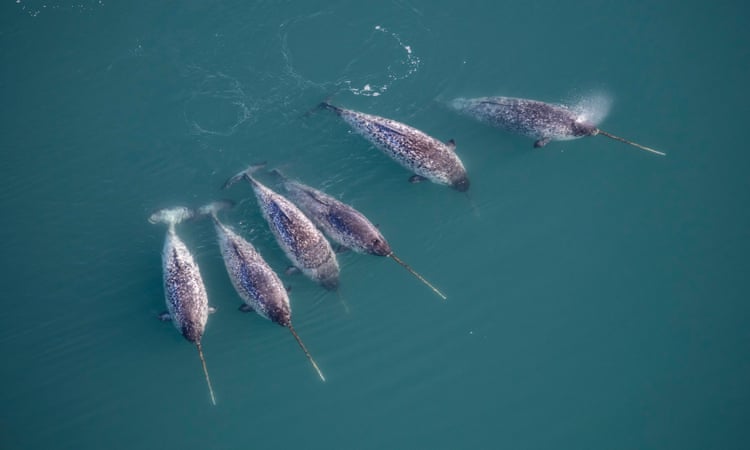
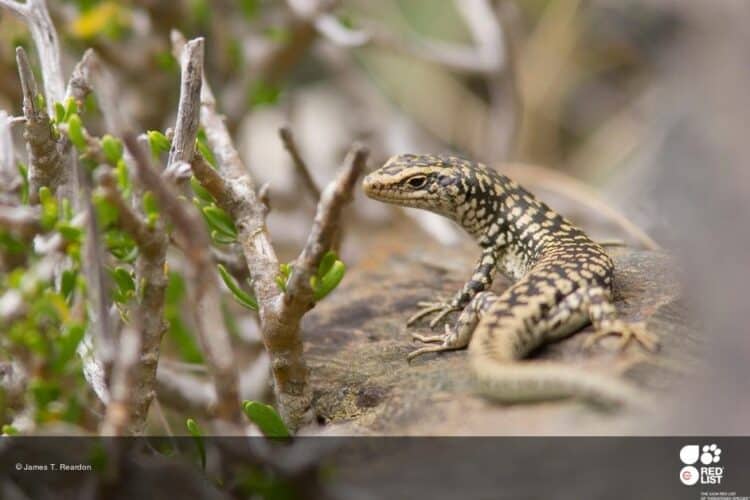
Leave a Reply